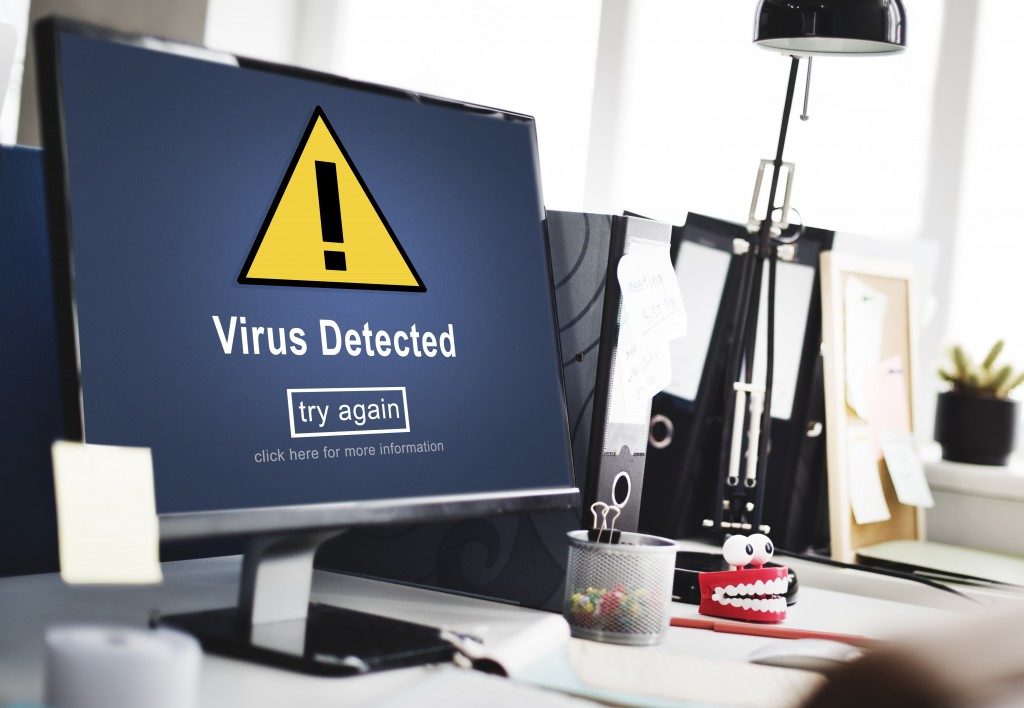In November 2018, the U.S. was shaken when Starwood Hotels confirmed that information of up to 500 million hotel guests was stolen in a data breach. The catch is the breach was detected on September 10, but it could have started way back in 2014.
Instances like this where cyber attacks are threatening the privacy of clients and a business’ reputation highlight the need for stricter security measures. And it doesn’t matter whether your store is purely online or not. Securing it against cyber threats should take precedence.
Also, many small business owners mistakenly think that cybercriminals won’t target them. In contrast, according to Symantec, from 18% in 2011, the percentage of cybercrime targeting small businesses increased to 43% in 2015.
Here are the top cybersecurity threats that you should watch out for:
1. Increasingly sophisticated ransomware
As you are probably aware, ransomware is a type of malware that takes your computer and its data as a hostage, demanding a ransom for return. While ransomware has somewhat plateaued since 2016, there has been a significant shift in 2018.
Ransomware is now getting more strategic by attacking fewer victims at a time and demanding a significantly higher ransom. Enterprises such as manufacturing, e-commerce, healthcare, and the government are all viable targets.
One prime example was the May 2017 attack against various hospitals and clinics for the UK’s National Health Services (NHS). The ransomware spread automatically from machine to machine, which is technically called a “ransomworm”. This ransomworm, “WannaCry,” spread to many big organizations beyond NHS and cost around $4 billion in damages.
2. More vulnerable office equipment
Most office equipment such as printers, flat-screen TVs, and speakers can be easily connected to the internet. This makes them highly susceptible to hacking. The Verizon Data Breach Report states that nearly 60% of all data breach incidents in 2016 could be traced to hacking.

To protect your business, you need to make sure that your security systems are in place, and trained professionals do a regular security check and maintenance. One weakness in your security can lead to a massive data breach, making it crucial to conduct comprehensive security checks. If you don’t have in-house IT support, consider outsourcing it to virtual IT support for businesses.
3. Sloppy security
Many small businesses are adopting the practice called Bring Your Own Device (BYOD) because it’s more convenient for both the employers and employees. However, an employee’s phone or laptop doesn’t have the same level of security as company devices, making them easier for cybercriminals to attack.
If your company is practicing BYOD, you should implement a few key security measures. For one, you should only allow access to company networks through a VPN or virtual private network. They should also implement 2FA on all their online accounts.
In the end, cybersecurity can derail a company’s growth more than an ineffective marketing strategy can. By staying on top of your company security, especially if you are holding sensitive client information, should always be a priority.



